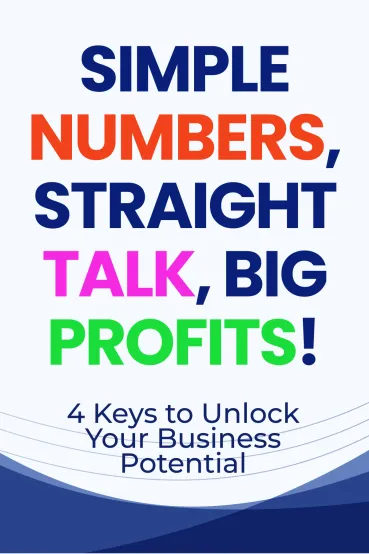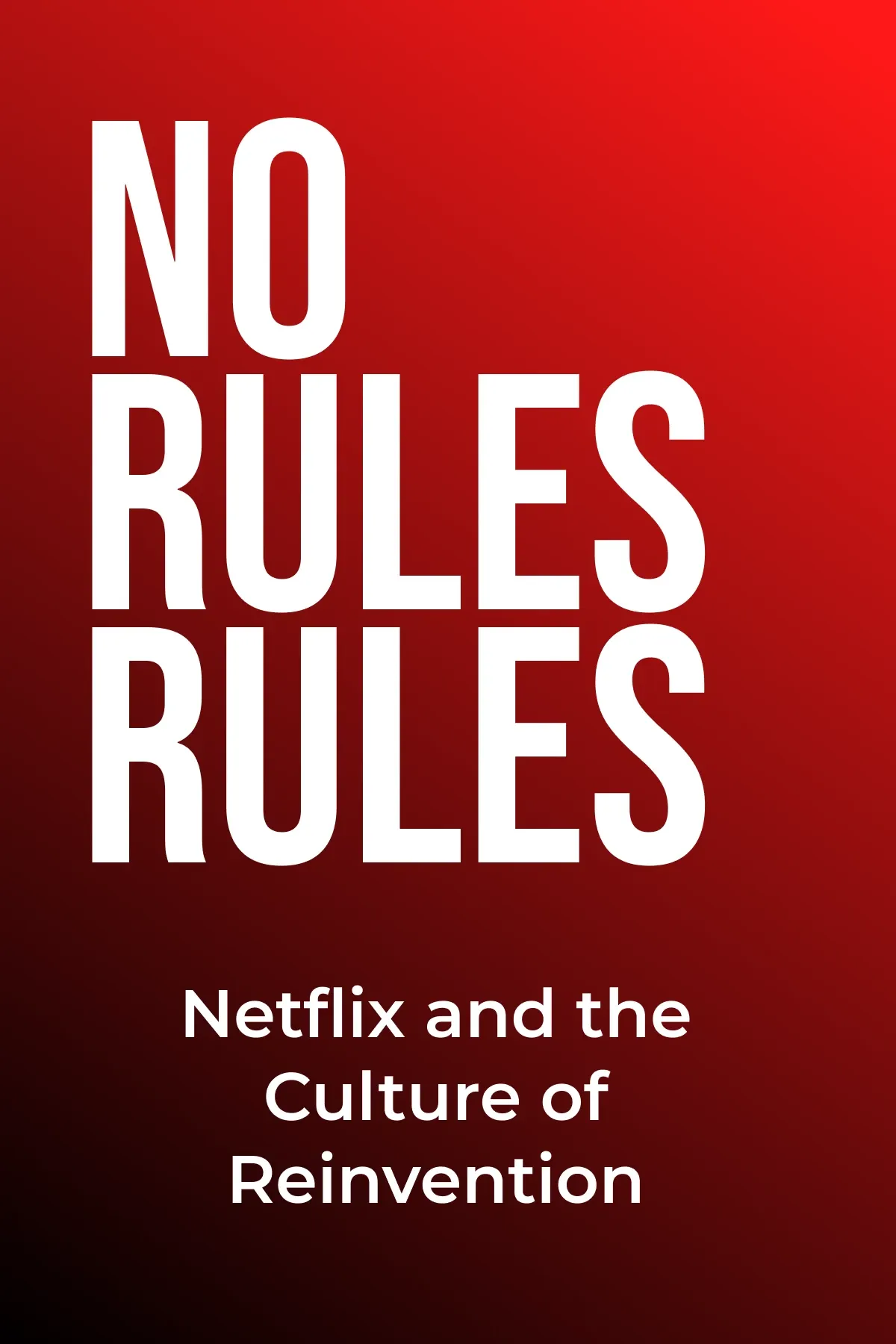
Simple Numbers, Straight Talk, Big Profits!
Brief Summary
Have you always wanted to build up your own business, or are you already managing one? There are many factors that go into starting and running a profitable company, which are often overlooked. Learning about them is sure to skyrocket your business knowledge. “Simple Numbers, Straight Talk, Big Profits!” is the perfect next read for both established and aspiring entrepreneurs.
Key points
Key idea 1 of 9
Out of all the things that a business owner has to be concerned about, many typically overlook setting an appropriate owner’s salary. In fact, as many as 90% of entrepreneurs are underpaying themselves by going below the market rate. Many do it to show off their business’s success, like higher sales numbers and net income. They decide that they’ll make a low salary and distribute the business’s profits to themselves, consequently making the business’s net income higher. But why is this a bad idea?
First, let’s look at the difference between salary and business profits. It’s quite simple: you get paid a salary for your work, and you get a return on what you own. Both of these are important. However, when you don’t pay yourself a realistic market-based wage, you’re distorting your business numbers. Until you include a reasonable CEO salary in your finances that’s not too high and not too low, you’re basically just lying to yourself. At this point, your financial data is useless and doesn’t reflect the actual state of your business.
Another reason you want to pay yourself a fair salary is to avoid accidentally committing tax fraud. Even more so, some people also do it intentionally to avoid paying payroll taxes. But if you do that, the IRS will take notice when they review your financial statements. In fact, this practice is so common that it’s on the IRS’s list of Dirty Dozen tax scams.
Of course, no one likes paying taxes. Yet, the truth is that paying them is a good thing, because the higher your tax bill, the more profits your business has made. Many people use taxes as an excuse for their business failures, saying that even though they’ve made money, they had to pay it all in taxes. In reality, there is never a situation where everything you make goes to the IRS. Even the top federal tax bracket is 35%, which means that you keep 65 cents out of every dollar you make, which is much better than nothing.
So, if you’re not paying taxes, there are only two possible reasons: either you’re not making money, or you’re trying to cheat the system, and neither of these will benefit you in the long run. Don’t make paying less taxes your goal. Your primary goal should be to improve your business and increase profits.
FAQ
You may also like these summaries











